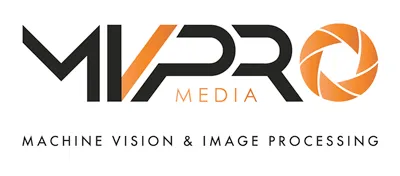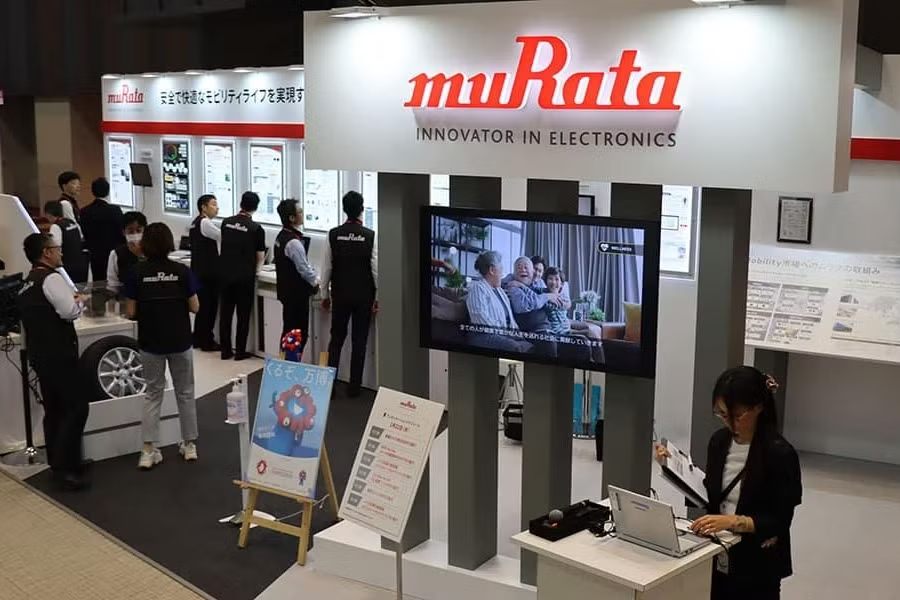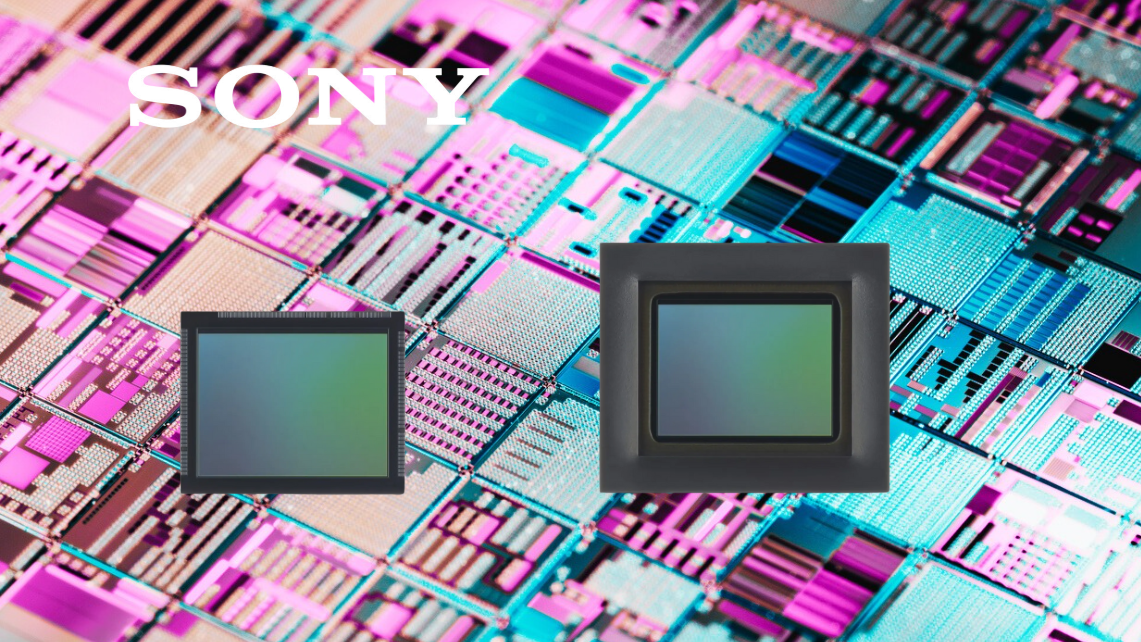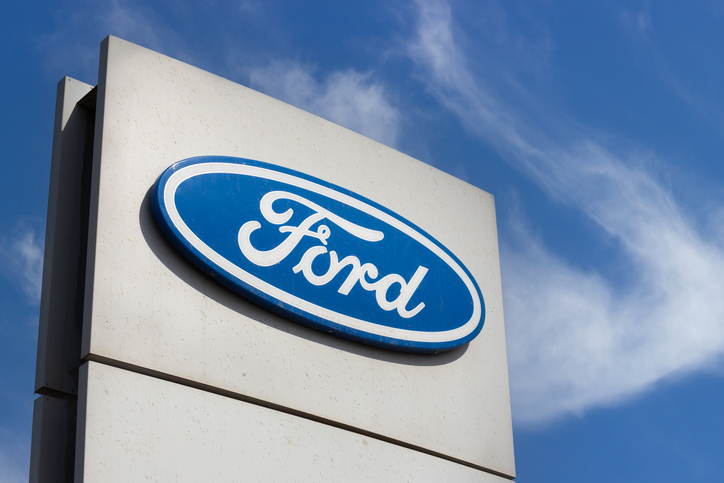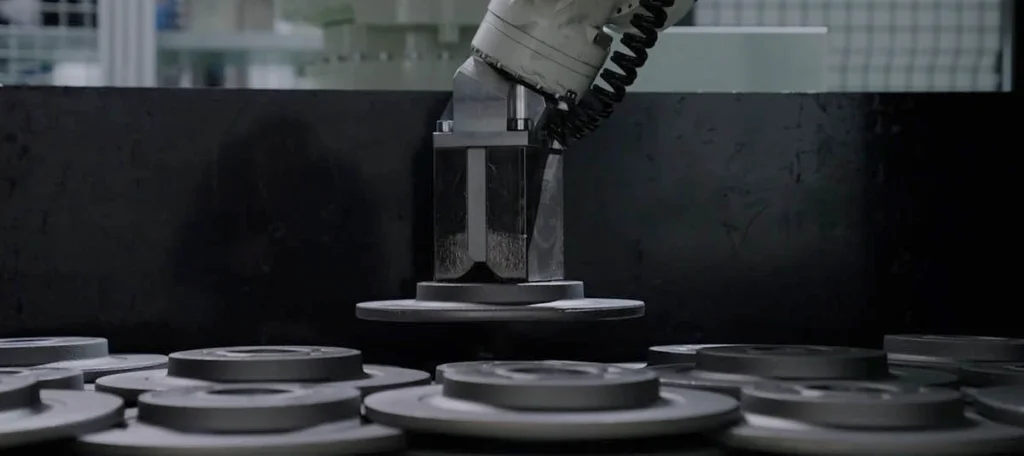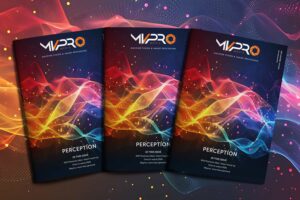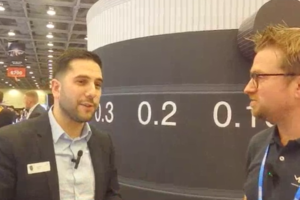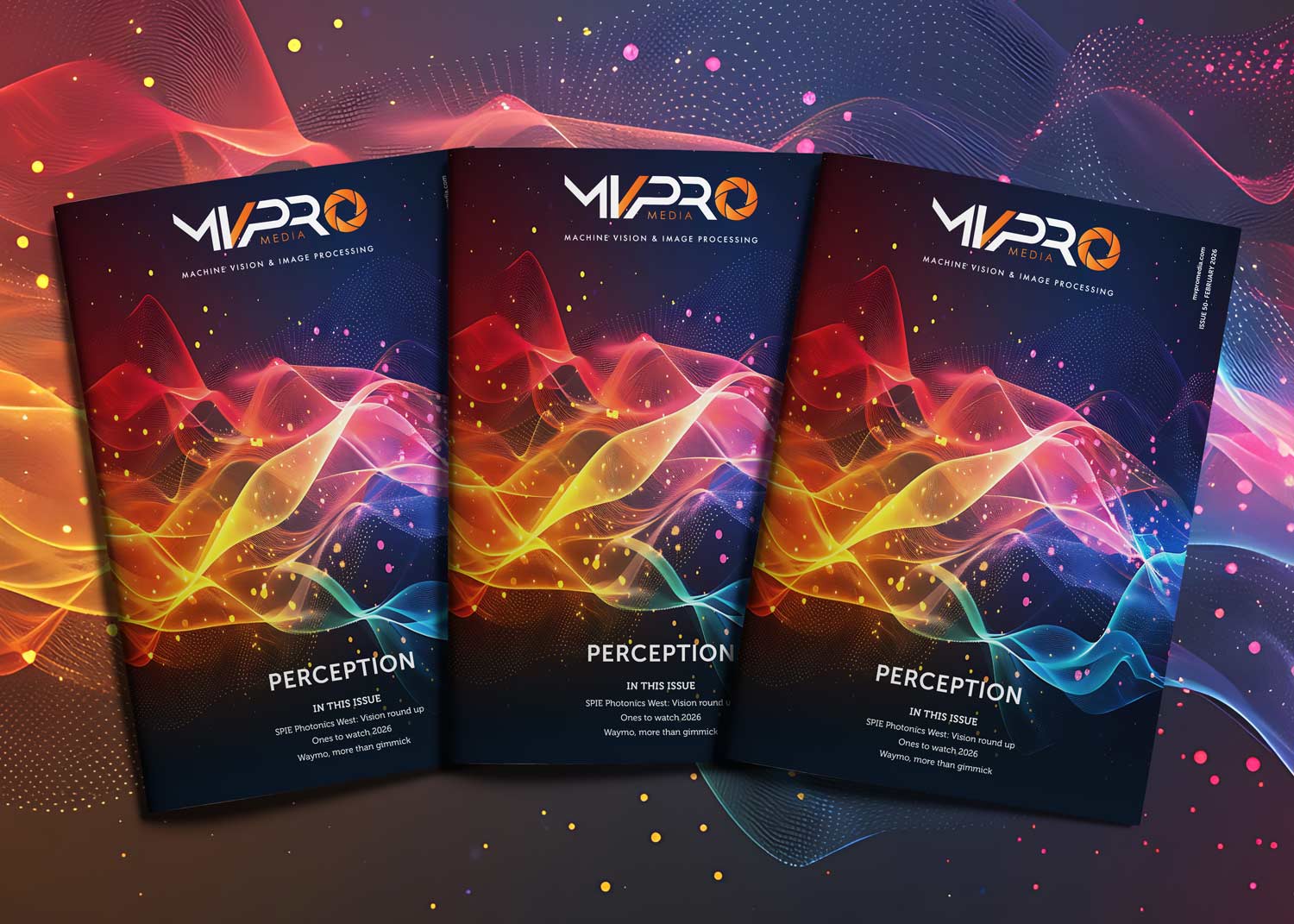Murata Manufacturing participated in the Automotive Engineering Exposition (Yokohama), Japan’s largest automobile technology exhibition, on May 22, 2024.
The introduction of electrification and electronic control systems is progressing in automobiles for purposes such as autonomous driving and driving assistance. In addition, there is also increasing demand for an improvement in comfort in the space inside cars to realize more pleasant movement.
On the other hand, the increase in the number of electronic components equipped in automobiles may cause noise and other issues to occur and lead to safety problems. Murata unveiled its solutions to deal with these problems at this exhibition.
CO2 Adsorption Filters: Achieving Both Energy Saving and Comfort
“Please take a look. The CO2 concentration is steadily decreasing.” Many visitors gathered to watch the demonstration by Murata staff.
Murata unveiled a CO2 adsorption filter at this year’s Automotive Engineering Exposition. This is a filter that aims to solve the problem of carbon dioxide (CO2), which is unavoidable as long as people are inside the car. Murata make this filter using a material with many nano-level holes that is called a “metal organic framework (MOF)” to adsorb and remove CO2 from inside the car. The demonstration showed that the CO2 concentration decreases by passing the air of a container containing CO2 through this product.
The impetus to develop this product comes from the increase in demand for energy saving as electric vehicles (EVs) become more widespread.
It is known that an increase in the CO2 concentration causes problems including breathlessness, physical weariness, and drowsiness. It is possible to improve these problems by using an automotive air conditioner to bring in outside air. However, air conditioners consume a lot of power. This has the disadvantage of leading to battery deterioration and a reduction in the driving range.
Murata make this product by combining a material that adsorbs CO2 with the MOF that has many small holes. This has made it possible to adsorb lots of CO2 efficiently. This reduces the number of times the air conditioner needs to be operated to bring in outside air. Thus, it saves energy.
In addition, advances in autonomous driving technologies are bringing about a transformation of the space inside cars. The inside of a car is not just a place for driving; it is also assumed that it will serve as a space to do things such as taking a break and working. The need for comfort is also increasing.
A representative of Murata said, “If we reduce the frequency at which we bring in outside air, it will lead to energy saving. In addition, we can solve problems such as the smell of the outside air, pollen, and air conditioner noise. We want to capture this demand in future to use cars as a space to do things such as to relax and improve concentration.”
*This product is currently under development. Murata has not yet decided on a sales plan or other matters.
L Cancel Transformer (LCT): Contributing to Improved Safety and Space Saving with Noise Reduction
Automatic braking to reduce collision damage, pedestrian detection, parking assistance systems, and lane deviation detection… Such advancements in advanced driver assistance systems (ADAS) are leading to an increase in the number of electronic components being equipped in cars. On the other hand, the greater the number of electronic components equipped in cars, the greater the importance of noise suppression from a safety perspective. Murata also exhibited many solutions that will lead to the resolution of such issues at the Automotive Engineering Exposition.
One of those solutions is the L Cancel Transformer. The L Cancel Transformer is the world’s first electronic component that uses a characteristic called “negative inductance” to remove noise. This improves the noise removal performance of capacitors. This contributes to space saving on boards by reducing the number of components.
Until now, noise suppression was achieved by lining up multiple capacitors. It is possible to remove noise with a smaller number of capacitors by using a L Cancel Transformer.
For example, Murata was able to confirm greater noise removal performance than before by placing one L Cancel Transformer in the circuit even when they had reduced the number of capacitors by 10 in an experiment using a drive recorder.
They anticipate that there will be demand for the L Cancel Transformer as a noise suppression component for power supply circuits. As cars become more electrified and electronically controlled, the L Cancel Transformer kills two birds with one stone: it suppresses noise that causes malfunctions in cars and also contributes to an expansion in the space inside cars through space saving on the board.
Optimization of Tire Management with RFIDs: Also Contributing to Resolving Logistics Issues
There was also an exhibit to prepare for the shortage in transport capacity with overland transport. This is a tire with a built-in radio frequency identification (RFID) module that can exchange information through radio communication.
Regulations on overtime work for truck drivers were tightened in April 2024 in Japan. There are concerns that this will lead to a shortage in transport capacity. More efficient work styles are being required. Against this background, this is a product that reduces the effort spent by transportation operators on inspecting and managing tires.
Murata has jointly developed an RFID module to be provided for tires with the world’s largest automobile tire manufacturer Michelin (France). This RFID module is embedded on the side of tires by employing a unique structure that ensures the device is able to withstand vibrations and shocks while the vehicle is being driven. They envision this RFID module will be used in ways such as to instantly read information on the life cycle of tires, including the time and date on which it was fitted or repaired, with a dedicated terminal.
Murata exhibited an actual tire with a built-in RFID module at the Automotive Engineering Exposition. Murata staff performed a demo of reading tire information with a dedicated terminal.
This helps reduce the effort involved in tire management. Transportation operators inspect tires before trucks depart, and in many cases paper forms are used to record the inspections. In such cases, there have been problems such as the effort involved in taking the completed paper forms to the administrative office and the paper forms not being properly stored.
Using tires that have Murata RFID modules built in allows such inspection information to be easily recorded and stored. That leads to a reduction in the time involved in inspections and management. They hope to create an environment where it is possible for drivers to be able to concentrate more on driving through the optimization of daily tasks and thereby solving the problem of a shortage in transport capacity. Murata staff made the following appeal at the exposition: “This product can be used for analysis in areas such as tire maintenance history. Murata also recommends it to those in the transport industry.”
Moreover, a Murata representative said, “We also want transport operators, who have not had much contact with Murata in the past, to see our products at the Automotive Engineering Exposition. We want to hear even more feedback from those in the field.”
*The information in this article is current as of its publication date. The specifications and appearance of the products and solutions are subject to change without notice.
